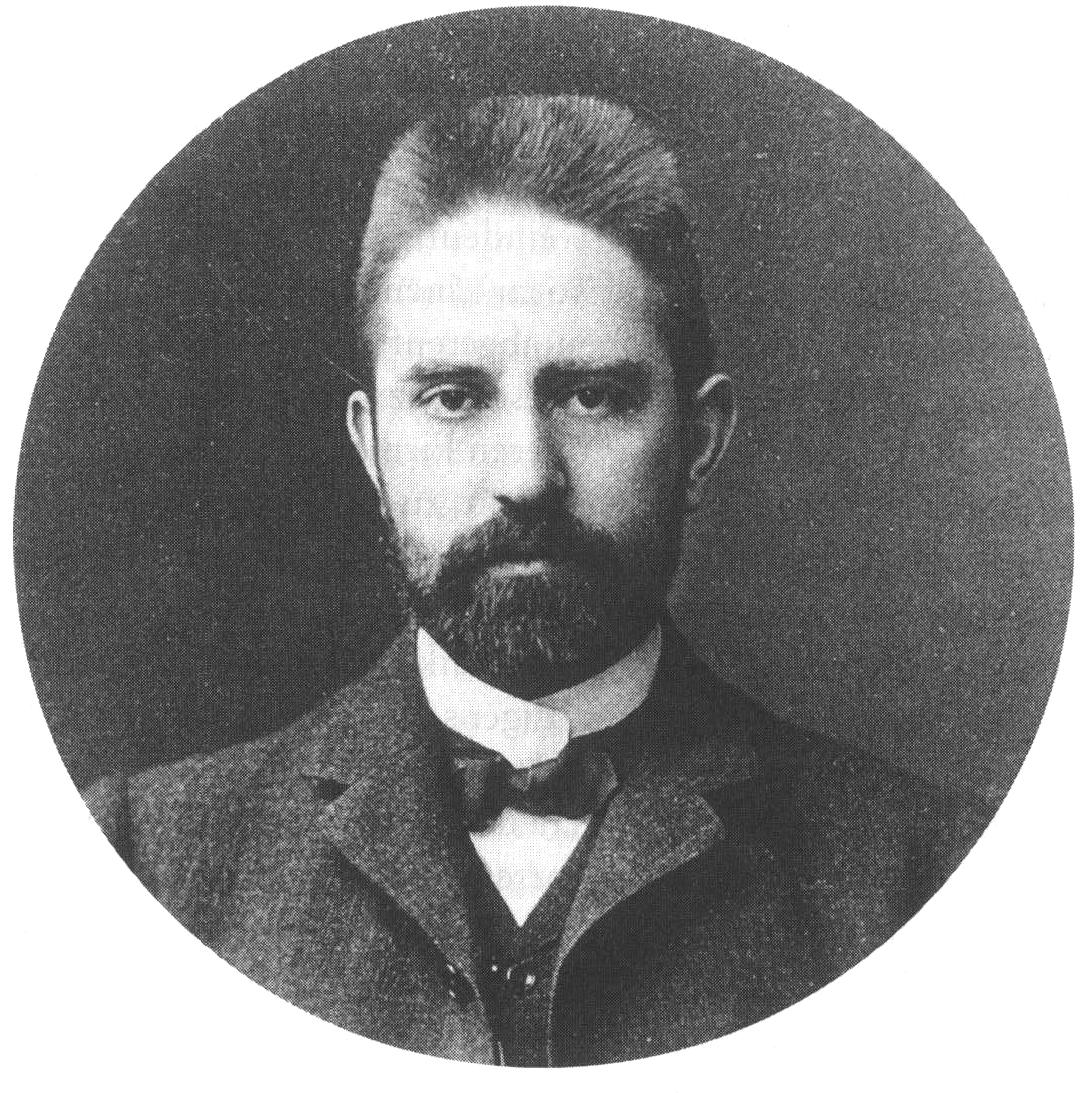|
Democratic People's Party (Germany)
The Democratic People's Party (, ''DVP'') was the name of two liberal parties in Germany that were active from 1863 to 1866 and after the Second World War. It is not to be confused with the ''Deutsche Volkspartei'' of 1918–1933, which used the same abbreviation DVP. Between 1863 and 1866, a or was active in the Kingdom of Württemberg. It was a more left-liberal party that had broken from the German Progress Party of 1861 with the primary goal of establishing a loosely federal Germany free from the "hegemony" of Prussia and Austria. In 1868, after Prussia defeated Austria in the Austro-Prussian War of 1866, it became part of the German People's Party ( ) along with other liberal parties of southern Germany that had supported Austria. In 1910, the party merged with two similar parties to form the Progressive People's Party (''Fortschrittliche Volkspartei)'', which in 1918 became the German Democratic Party; the party dissolved in 1933. After the Second World War, liberals in ... [...More Info...] [...Related Items...] OR: [Wikipedia] [Google] [Baidu] [Amazon] |
Deutsche Volkspartei
The German People's Party (German: , DVP) was a conservative-liberal political party during the Weimar Republic that was the successor to the National Liberal Party of the German Empire. Along with the left-liberal German Democratic Party (DDP), it represented political liberalism in Germany between 1918 and 1933. The party's best known politician was its founding chairman and later Chancellor and Foreign Minister Gustav Stresemann. With the exception of two short-lived cabinets in 1921 and 1922, the DVP was represented in all Weimar governments from 1920 to 1931. In the late 1920s it turned more to the right politically but could not compete with other nationalist parties. By 1932 the DVP's share of the vote had shrunk to barely over one percent, and it disbanded shortly after the Nazi seizure of power in 1933. History Foundation Following the end of World War I and the collapse of the German Empire, the party system in Germany remained largely in place because the groups ... [...More Info...] [...Related Items...] OR: [Wikipedia] [Google] [Baidu] [Amazon] |
